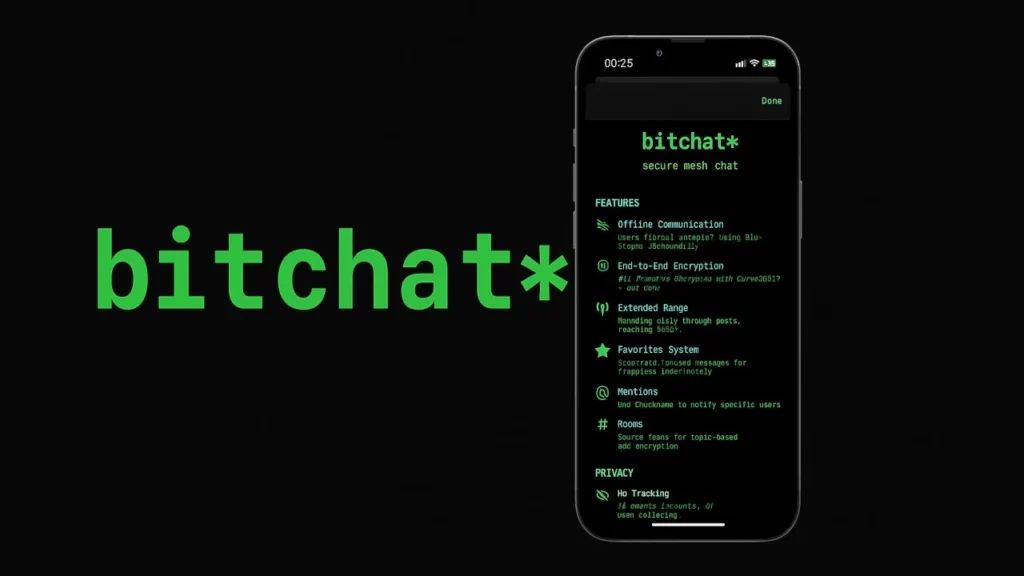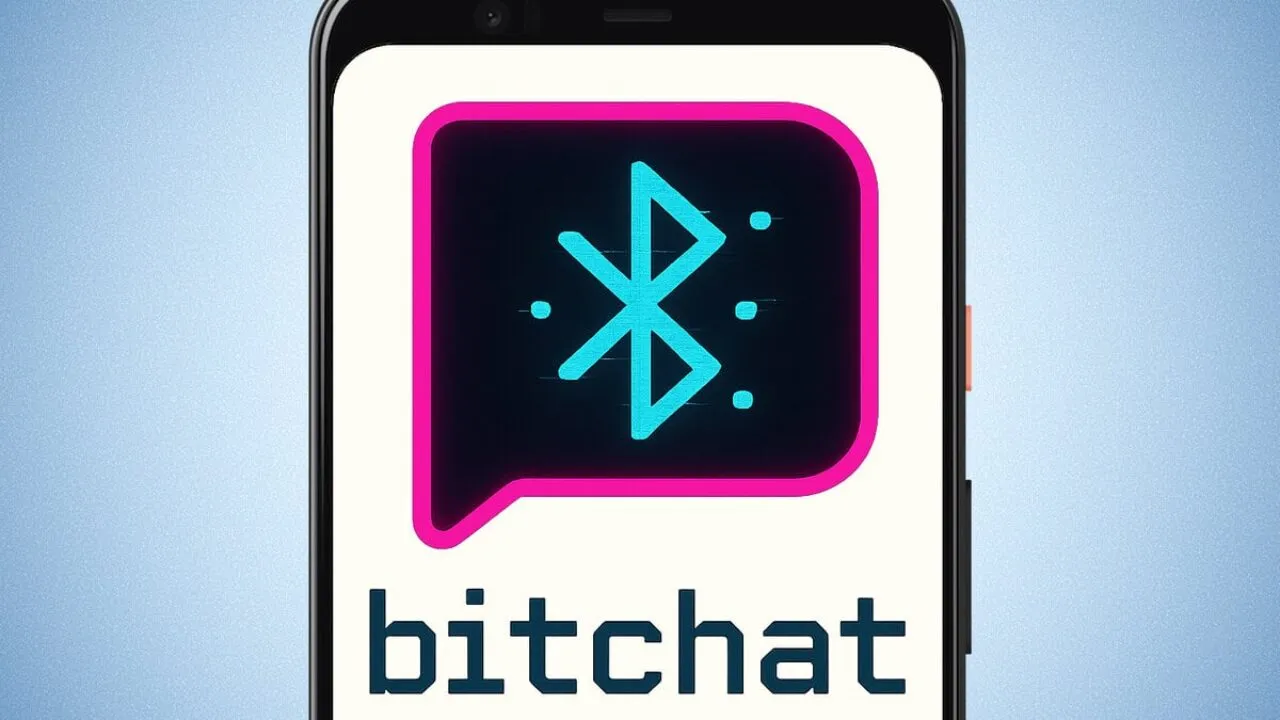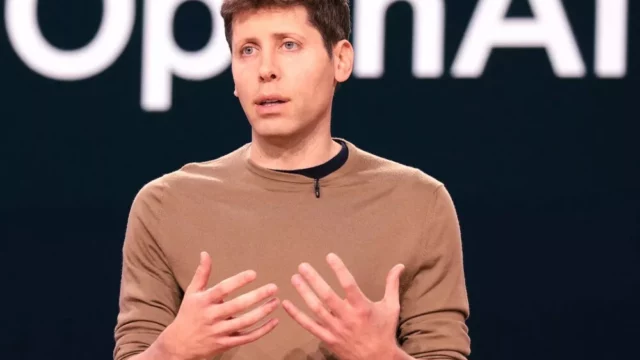Jack Dorsey has a new side project, and this one doesn’t need Wi-Fi. The former Twitter CEO is testing Bitchat, a peer-to-peer messaging app that runs without the internet, using Bluetooth mesh networks to send encrypted messages between nearby users.
Bitchat skips centralized infrastructure entirely

The app’s main hook? It works offline. In a white paper published on GitHub, Dorsey explains that Bitchat relies on Bluetooth Low Energy (BLE) mesh networking. Messages hop from device to device, extending range and reach through nearby relays, all without using traditional servers or requiring an internet connection.
The goal is to create a resilient, censorship-resistant communication system that doesn’t rely on email addresses, phone numbers, or any permanent identifiers. According to Dorsey, that makes it inherently more private, with end-to-end encryption baked in by default.
How Bitchat works in practice
Here’s what Bitchat claims to offer so far:
- Local peer-to-peer messaging via BLE
- Automatic message relay across nearby devices
- No signups, usernames, or contact lists required
- End-to-end encryption by design
- Built to operate during outages or in censored regions
It’s an ambitious model, but not entirely new. Amazon attempted something similar with its Sidewalk mesh network, though with far less emphasis on privacy.
Dorsey’s decentralization streak continues
This isn’t Jack’s first experiment in decentralized tech. He previously backed Bluesky, the microblogging app spun off from Twitter as a protocol-based alternative. He later stepped away from the project, but his interests haven’t shifted far. Bitchat feels like the next iteration of that same anti-platform philosophy.
Will Bitchat stick or stall?
Right now, Bitchat is more a concept than a contender. It’s an open beta with unproven tech and no mainstream momentum. Still, the idea of a messaging app that works in total isolation no cell towers, no data plan, is intriguing. Whether Dorsey follows through this time is the real question.














